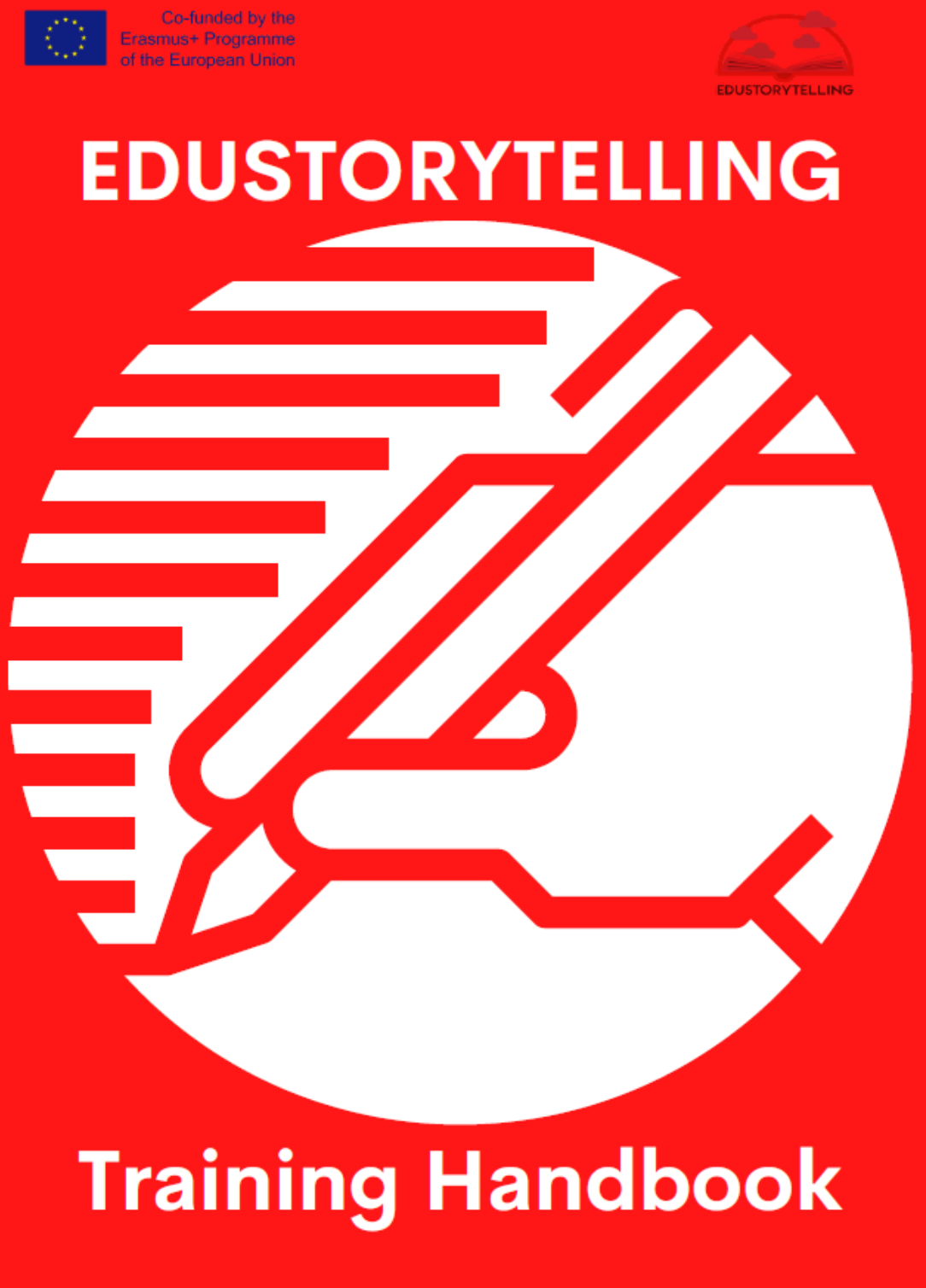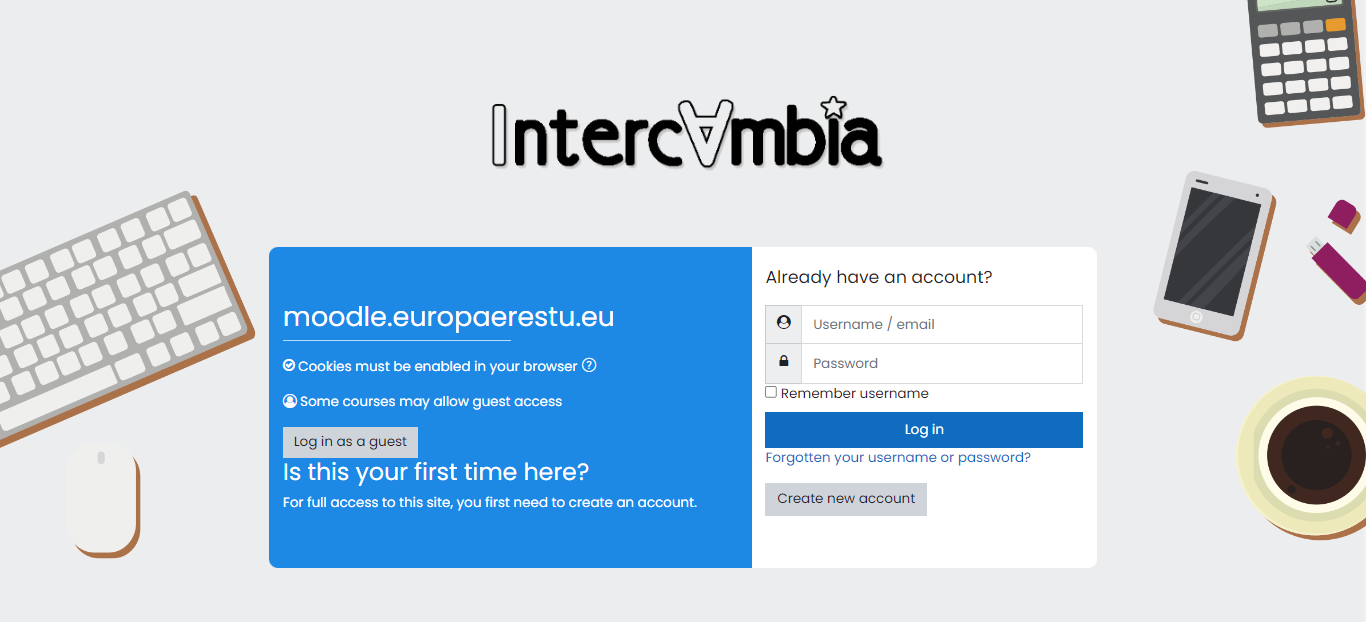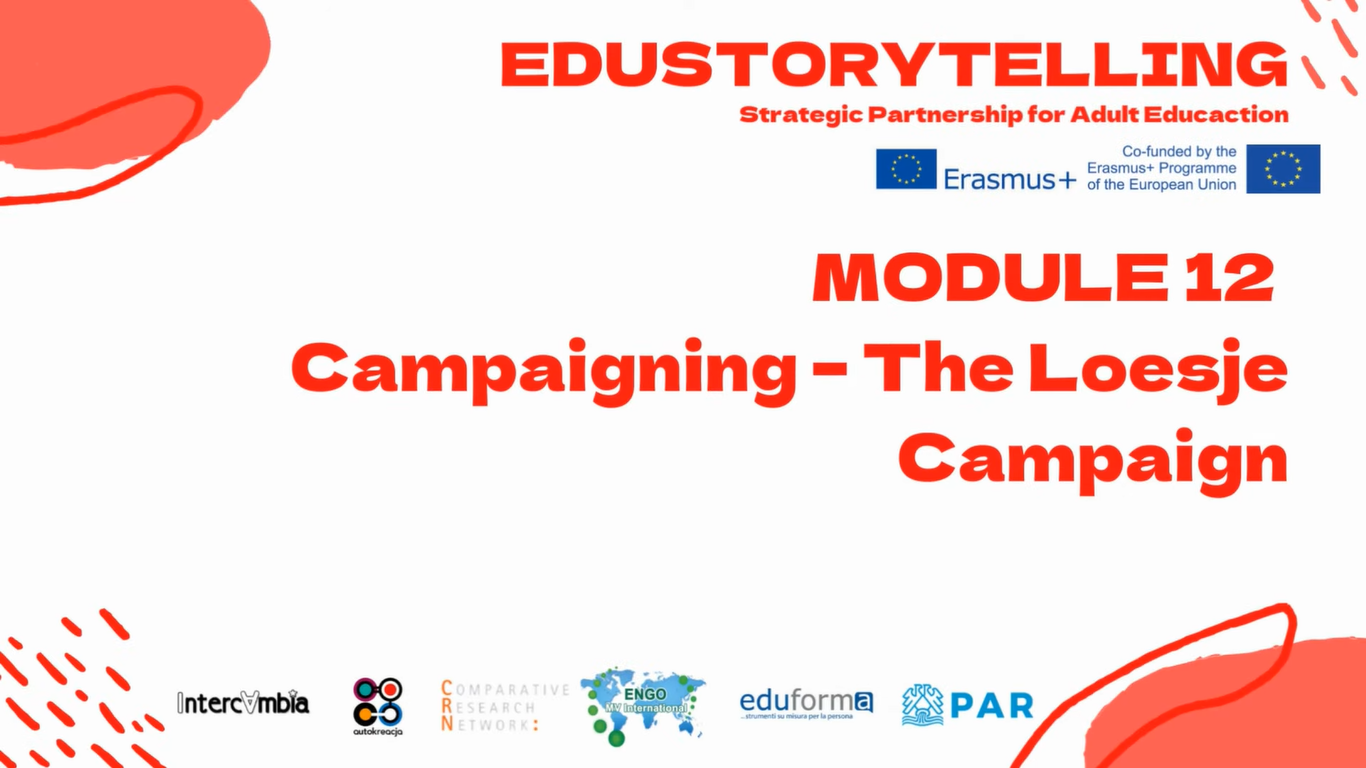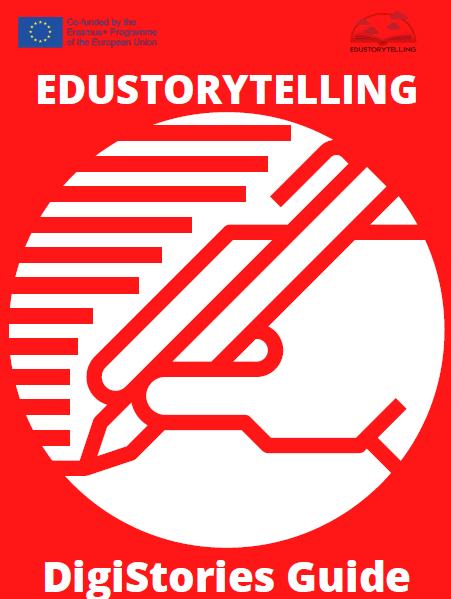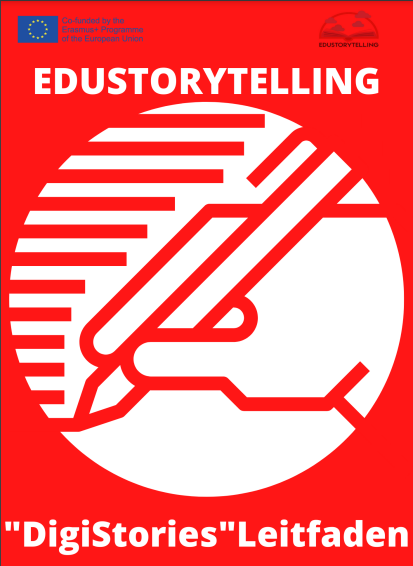The European Agenda for Adult Learning encompasses the foregoing layers of evolution in its focus on developing digital literacy and providing opportunities for adults to develop the basic skills and forms of literacy needed for participating actively in modern society.
In its “Upskilling Pathways” Recommendation, the European Council highlighted how in the future ?A large majority of jobs will require some level of digital competence.? In this context, ?Low-qualified people with fundamental weaknesses in basic skills may constitute a high proportion of the unemployed (in particular long-term unemployed) and other vulnerable groups, for instance, older workers, economically inactive people and third-country nationals. Such weaknesses make it more difficult for them to enter or return to the labour market.
EduStorytelling (EST) aims at addressing the digital skills and literacy gap affecting European adults coming from disadvantaged backgrounds through the methodology of Digital Storytelling (DST) as a pathway to develop high-quality digital and literacy skills and competencies. It will improve attitudes of peer-interaction and cooperative learning, forming part of a comprehensive digital literacy in order to foster personal development, active citizenship and employability perspectives.
Participants involved in the project will have a medium or good level of digital and literacy skills and will be social workers with previous experience in training adult people. They will participate in the project to undertake an upskilling path to improve digital and transversal skills employing the DST methodology. They will acquire self-confidence and motivation in order to foster proactive attitudes when working with disadvantaged groups.
EST rationale stems from the trend of fast-paced evolution in ICT technologies and digital instruments, triggering a continuous, open-ended re-thinking of established models of social interaction, participation, education, business and employability. The ownership of a set of good literacy and digital skills has become a discriminating factor of employability and of effective exercise citizenship rights.
EST will contribute to the evolution towards a Twenty-first Century Literacy (Brown, Bryan&Brown, 2006) as a necessary complement to ?traditional? literacy, integrating key dimensions related to individuals aware use of new digital instruments as both consumers and producers.
In addition to being a learner-centred instrument of education tailored to the needs of groups facing impairments in traditional learning (i.e. migrants, low-skilled adults), DST enhances emotional interest and cognitive attention through the inspirational potential of stories. DST is also a powerful instrument for teachers to stimulate learners to reflect, self-assess and disclose their individual skills and learning achievements through captivating media narratives (digital stories, photo CVs etc.).
Objectives/Goals
EST objectives:
– To explore the educational potential of DST as an innovative instrument for enhancing digital competences of EU citizens, in continuity with the rationale of the EU Digital Competences Framework for Citizens.
– To develop a cross-border and cross sector synergy with the purpose of creating innovative models of
Storytelling education tailored to the needs of Adult learners.
– To establish a wider community of Storytelling practitioners using MOOC course and interacting with their peers. Target group
Direct Target groups:
– 30 adult education trainers who work with adult learners with a disadvantaged background.
Indirect target groups:
– Partner organizations
– Stakeholders (Educational Institutions, NGOs, Third Age Universities, Labour Training Centres, Businesses, Public Authorities, VET providers)
– Adult target groups with a disadvantaged background within partner countries and at the European level Activities
Transnational Project Meetings
A total of 3 Transnational Partners’ Meetings will be implemented in the 24 months of the cooperation.
Intellectual Outputs
I.O.1 Curriculum on Digital Storytelling in Adult Education
I.O.2 “DigiStories” Guide
I.O.3 EduStorytelling MOOC Modules and Community
Multiplier Events
6 EduStorytelling Local Dissemination Events
Learning, Teaching, Training Activities – Training Course
C1 Short-term joint staff training event
